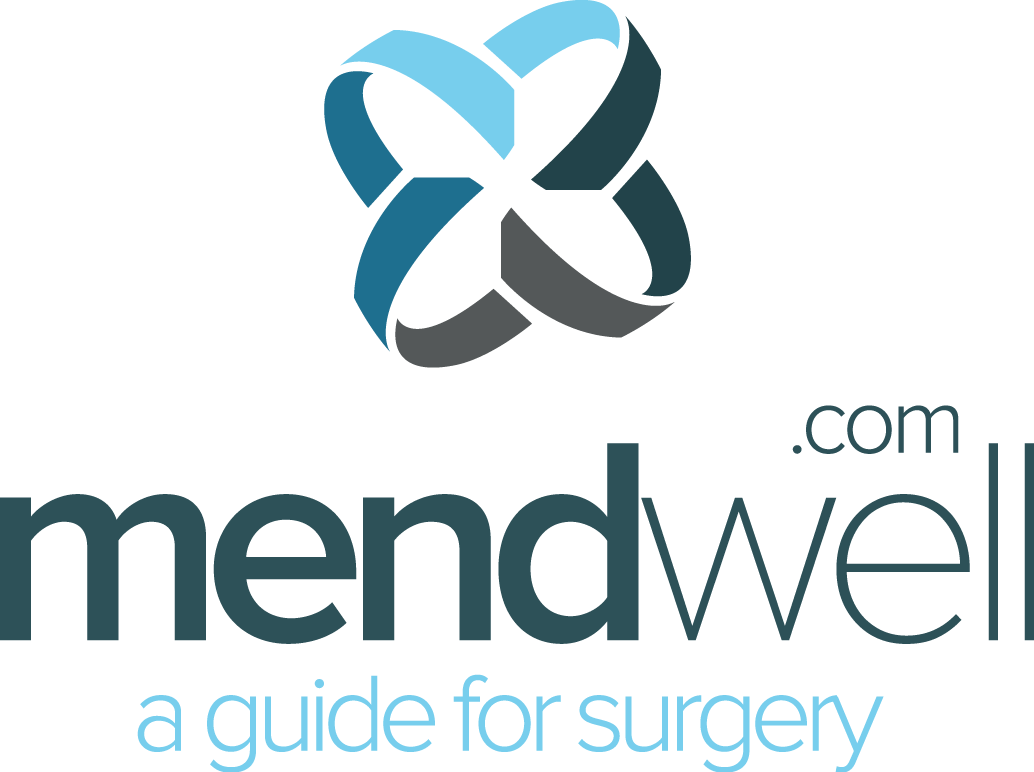Your Low Carb Diet Could Hurt Your Recovery After Surgery
As high-fat, ultra-low-carb diets like Atkins or the Ketogenic diet grow in popularity, we’re getting a clearer picture of the long and short term health effects of this style of eating. While many individuals see positive weight loss results from following a low-carb lifestyle, it’s important to evaluate the drawbacks. For example, certain populations, like for those preparing for surgery, a low carb diet could be dangerous & could stifle the healing process.
Today, we’re looking into the reasons why post-op recovery and low-carb diets don’t mix. If you’ve currently kicked carbs and are preparing for a procedure, it might be time bring back the bread for the sake of a smoother and speedier recovery.
Vitamin Deficiencies Are More Common on a Low Carb Diet
When following a low carb diet, many people limit (and sometimes avoid) fruits and vegetables to keep carb counts low. As a result, low-carbers can suffer from vitamin and mineral deficiencies that impact their health, especially while recovering from surgery. Two of the more common deficiencies are with vitamin C levels, which boosts our immune system & strengthens the connective tissue in skin, muscle, & blood vessels, and the B vitamins, which are involved in red blood cell and tissue cell formation. Since these nutrients are mainly found in fruits and veggies, it’s difficult to meet our daily requirements while eating low carb.
As you can imagine, after surgery, your body is in a compromised state. Your immune system is suppressed thanks to a combination of factors ranging from medications that harm our gut microbiome (which helps to ward off infection) to sporting a fresh surgical incision, which is at risk of infection.
After surgery, our body uses more energy to heal & has more specific nutrient needs. To fuel recovery, we need a steady stream of nutrition to rebuild and repair. It’s like owning a luxury car-if you have the option to fill your tank with higher quality gas, you’re going to enjoy a much smoother ride and an engine that functions better over the long haul.
Constipation and Gut Health Issues are More Common on a Low Carb Diet
A common side effect many patients deal with after surgery is constipation and similar, unpleasant gut health problems. Thanks to the combination of anesthesia, which can induce bowel back-up, and the use of antibiotics, which can kill the good bacteria in our gut, it’s not surprising that many patients deal with post-op “plumbing” issues.
Since a low carb lifestyle involves minimal amounts of whole grains, fruits, and even vegetables, this type of diet can cause digestive distress in and of itself. In fact, by definition, dietary fiber is a carbohydrate, so adhering to low-carb eating can really throw digestion for a loop. If you’ve been following a low carb eating plan, it might be a good idea to chat with your physician before surgery to discuss the best ways to avoid any post-op belly blunders.
Low Carb Diets Can Cause Electrolyte Imbalances, Which is Dangerous After Surgery
When it comes to low carb diets and surgery, it’s extremely important to pay attention to our electrolytes, which are involved in hydration, cell, nerve, and organ function, and even tissue repair. As you probably guessed then, keeping these mineral levels where they should be is huge for our general health and ability to recover after an operation.
When you’re low carb, your body loses fluid at a much quicker rate than usual thanks to a loss of glycogen stores, our bodies’ holding unit for carbs. Each gram of glycogen holds 3 to 4 grams of water, so when carbs aren’t replenished through diet, we quickly flush fluid from our system, losing electrolytes in the process.
After surgery, patients are vulnerable to electrolyte disturbances due to a number of factors, including blood loss, the administration of IV fluids, and a natural physical response to the stress of undergoing a procedure. So when you couple post-op electrolyte fluctuations with a low carb diet, it could potentially put a patient at risk for serious medical complications, including muscle spasms, convulsions, an irregular heartbeat, and dangerous blood pressure changes.
While you’re recovering, the last thing you want to do is add more post-op uncertainty into the mix. If you currently follow a low-carb lifestyle and have a procedure planned, we suggest talking with your doctor about the best ways to stay safe while sailing through a smooth surgery and recovery.


